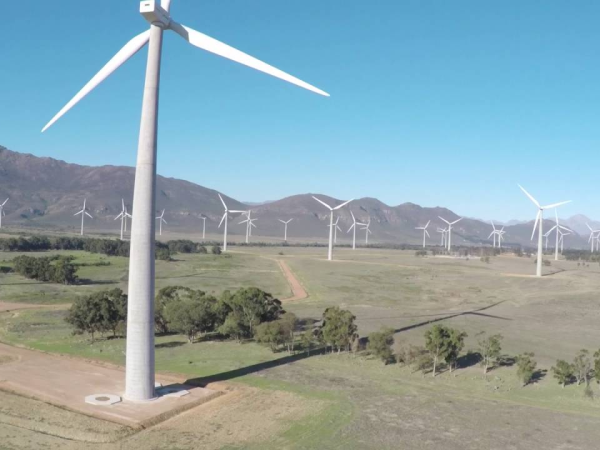
The best ways to implement solar power appliances in your home
The average family of four in South Africa uses around 30 kWh of electricity a day. While energy solutions are on the rise, the need for homes to have a steady supply of power is important. We explore the options that solar power provides for homeowners.
Share this Post
Deciding to implement solar power as an energy source in your home doesn’t have to be intimidating. With a few basic steps and informed options, you can run your home on solar power with ease.
How does solar power work
Solar panels are installed on the roof of your home. If you’re worried that the weather might affect your solar energy levels, it’s not as cut and dry as you think. The ideal condition for harnessing the sun’s energy is a clear, bright day. However, you can still garner a sizable amount of energy during cold weather. The efficiency actually rises and allows the panels to produce electricity with a quicker turnaround time. In summer, the volume of energy produced is higher and can be used to power your entire home and your appliances.
What are the best appliances to run on solar energy?
Most solar-powered homes require energy-efficient appliances. If you have the proper equipment in place and the perfect amount of panels for your size home, you will be able to run your household on this energy source and become an eco-friendly abode in no time. Look for an “Energy-Star” certification on appliances as a good indication of whether the appliance you select is suitable to run on solar. Some of the most common appliances that can utilise solar energy are:
- Refrigerator
- Dishwasher
- Computer
- Water heater
- Oven
- TV/internet
- Washer and dryer
- HVAC systems
The HVAC (heating, ventilation and air conditioning) systems are usually the biggest drain on electricity within a home. Refrigerators also require a lot of electricity as they need to always be switched on. A good note to keep in mind is the larger the fridge the more electricity it will require. In the South African market, LG is a leader in energy-efficient appliances that operate on solar power. Especially when buying a large appliance such as a fridge, consumers look for those with the biggest capacity and the most reliable in terms of long-lasting power.
There is no one-size-fits-all when it comes to deciding how much solar power your home will need. However, you should have an expert in solar panel fittings assess your daily power usage, square footage and amount of appliances used to ensure you cover 100% of electricity usage. The wattage of solar panels also needs to be considered as they aren’t all alike. Ranging between 150-370 watts per panel, ensure you install sufficient wattage for your appliances.
Source: Gouda wind farm in South Africa
Finding solutions to the global energy crisis
Renewable and alternative sources of energy are hot topics in the environmental arena. With many countries exploring the benefits of solar-powered infrastructures, we are seeing a shift in the way the world consumes power. Bio-energy, wind turbines and geothermal energy are examples of alternative energy used by developing and first-world countries. As more renewable sources enter the market, it’s hoped the damage done by fossil fuels will decline.
Living in a home that uses solar power is beneficial in the long run in more ways than one. The panels don’t emit any harmful gases and are cost-effective, making it a win-win situation for those who want to decrease their carbon footprint while increasing their economic potential. Seeff understands that homeowners are constantly looking for ways to improve their standard of living and create a beautiful, sustainable lifestyle. With solar energy and eco-design on the rise, we recommend you watch this space for the latest research in modernising your space.








